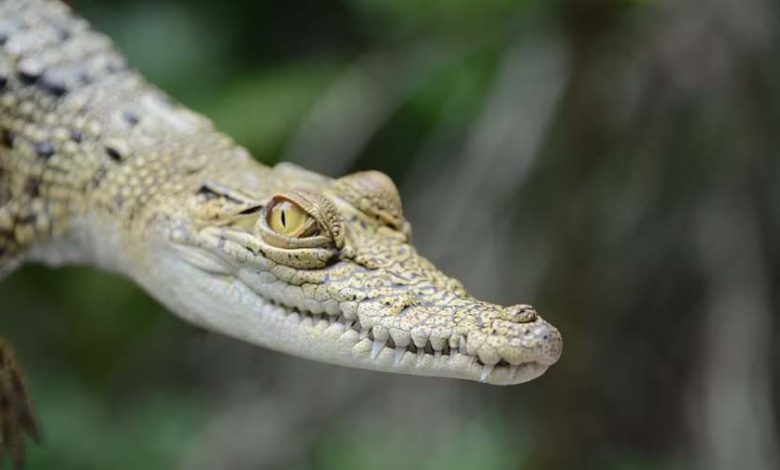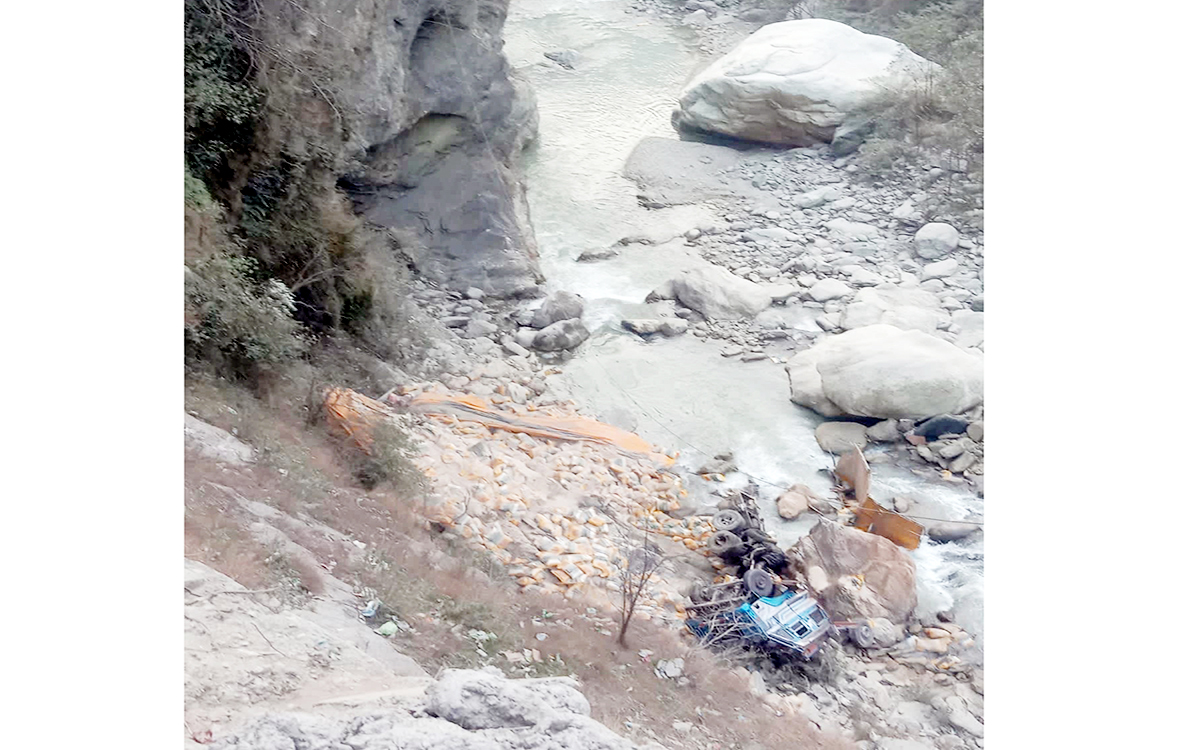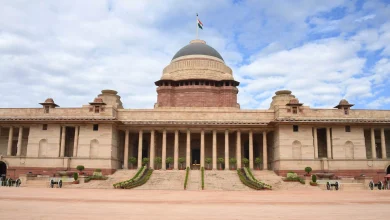Odisha: Baby crocodiles hatch out of egg shells

Kendrapara: Over 1,300 saltwater crocodile hatchlings have hatched in water bodies around the Bhitarkanika National Park in Odisha’s Kendrapara district, marking the end of the annual breeding and nesting season of these endangered reptiles, forest officials said. A record number of 114 nesting sites of estuarine crocodiles were observed in the national park this year, they said. Dr Sudhakar Kar, herpetologist and wildlife researcher with Odisha Forest Department, said the sighting of a substantial number of nests points to better conservation measures by the state forest department. Assistant Conservator of Forests (ACF) of the park Manas Das said the reptiles build nests on mangrove twigs, leaves and soil near elevated places that are free from water flow during high tides of floodwaters in the rainy season and where they get direct sunlight. It was a wonderful experience to see 1,348 baby crocodiles emerging from the egg shells and then moving around aimlessly before leaping into the reservoirs and creeks. The hatching of the newborn crocodiles has started since the last two days and will continue for a week, the official said. The ground-level staff engaged in monitoring and monitoring the nests were fortunate to witness this rare natural phenomenon. The newborn crocodiles emerged out of the shells without their mothers. However, forest personnel maintained a safe distance from the nests as the reptiles became violent and aggressive due to human interference. The female crocodile lays 50 to 60 eggs and the babies usually emerge from the nests after an incubation period of 70 to 80 days. However, out of every hundred baby crocodiles, hardly one makes it to adulthood as their mortality rate is very high. In the wild, the babies are eaten by aquatic animals. The number of these reptiles has increased systematically in the last few years due to adequate conservation measures by the state forest department, officials claimed. The wildlife sanctuary was kept off-limits to tourists and visitors to ensure the annual nesting of crocodiles. The animals become violent and restless due to human interference in their habitat. The ban on entry of tourists into the sanctuary was imposed on May 31 and later lifted on July 31, officials said. One thousand eight hundred and eleven crocodiles were counted along the water bodies of the Mahanadi delta region this year. Estuarine crocodiles are also found in the Sundarbans in West Bengal, which has the largest mangrove cover in the country. The species is also found in mangrove wetlands in the Andaman Islands. However, the number and density of crocodiles in the forested habitats of Bhitarkanika is far higher.





